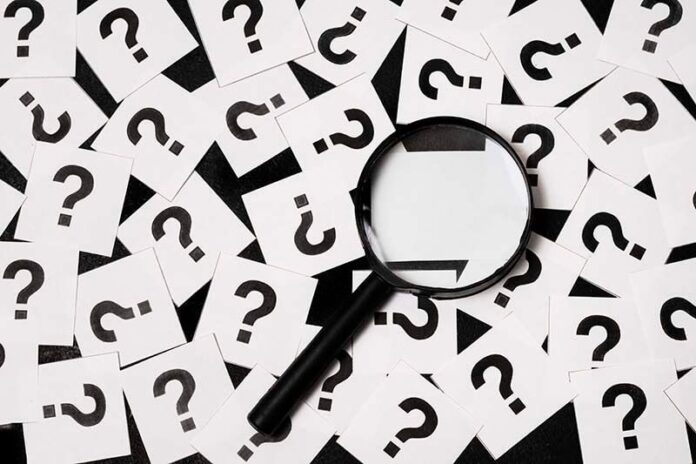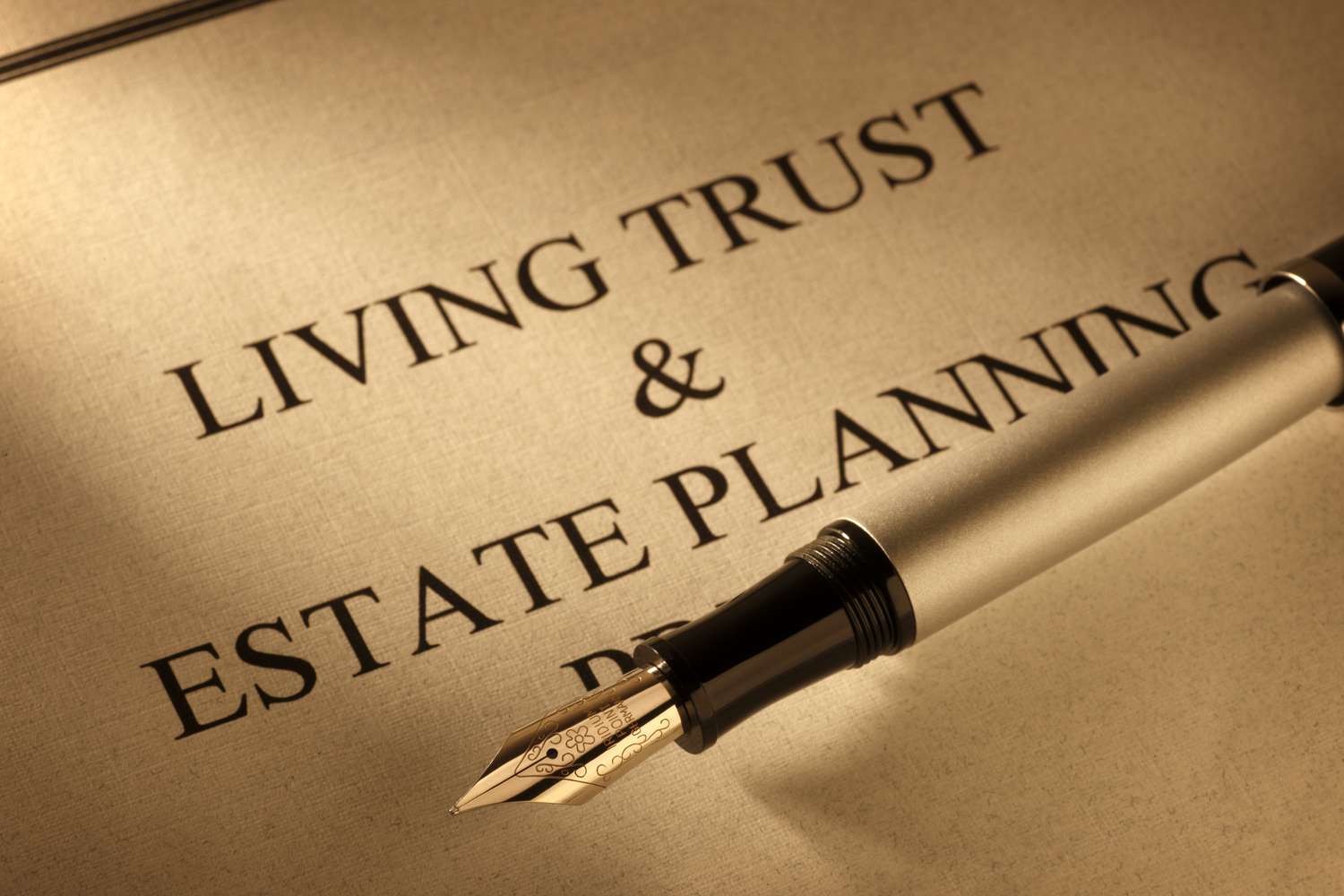When most people think about estate planning, they imagine a complex web of legal documents and financial jargon reserved for the wealthy. But estate planning isn’t just for those with sprawling mansions or bulging bank accounts.
It’s a vital tool for anyone who wants to make sure their wishes are honored and their loved ones are protected after they’re gone. Let’s talk about why you need an estate plan, even if you don’t consider yourself rich.
Protect Your Loved Ones

Creating an estate plan ensures your wishes are honored and your family is taken care of, no matter what. For expert guidance in crafting a comprehensive plan, consult with Kathryn Linn, P.A., who offers tailored estate planning services to meet your unique needs.
Without an estate plan, your assets might not be distributed according to your wishes, which can lead to unnecessary stress and conflict among your loved ones.
Avoid Probate
Probate is the legal process through which a deceased person’s estate is managed and distributed. It can be lengthy, expensive, and public. With an estate plan, you can take steps to minimize the time and cost associated with probate. This means your loved ones can access their inheritance faster and with less hassle.
Guardianship for Minor Children

If you have young children, an estate plan is essential. You can name a guardian who will take care of them if something happens to you. This gives you peace of mind knowing that your children will be raised by someone you trust, rather than leaving this decision up to the courts.
Healthcare Decisions
An estate plan isn’t just about money and assets. It also includes documents like a living will and healthcare power of attorney. These documents specify your wishes regarding medical treatment if you’re unable to make decisions for yourself.
They ensure your healthcare preferences are honored and can relieve your loved ones from having to make tough choices during difficult times.
Financial Security
Even if you don’t have a lot of wealth, you likely have some assets – maybe a home, a car, or a retirement account. An estate plan helps manage these assets effectively. You can designate beneficiaries, set up trusts, and make sure your assets are distributed in a way that aligns with your goals and values.
Reduce Family Conflict

One of the most overlooked benefits of estate planning is the potential to reduce family conflict. Clear instructions on how your assets should be distributed can prevent misunderstandings and disputes among your loved ones. It’s a way to show your family that you care about their well-being and want to prevent any unnecessary strife after you’re gone.
Peace of Mind
Knowing that everything is taken care of brings an immense sense of peace. An estate plan allows you to feel secure about the future, confident that your wishes will be respected and your loved ones provided for. It’s a loving act that can bring comfort to both you and your family.
Key Components of an Estate Plan
So, what does an estate plan include? Here are the essential elements:
- Will: Specifies how your assets should be distributed and who will care for any minor children.
- Trusts: Can help manage and protect assets, potentially providing tax benefits.
- Living Will: Outlines your preferences for medical treatment if you’re unable to communicate.
- Healthcare Power of Attorney: Designates someone to make medical decisions on your behalf.
- Financial Power of Attorney: Gives someone authority to handle your financial matters if you’re incapacitated.
- Beneficiary Designations: Ensure your retirement accounts, life insurance policies, and other financial accounts go to the people you choose.
Common Misconceptions About Estate Planning

“I’m Too Young for Estate Planning”
Many people think they don’t need an estate plan until they’re older. But the reality is that life is unpredictable. Accidents and illnesses can happen at any age. Having an estate plan in place is a way to prepare for the unexpected and ensure your wishes are carried out, regardless of your age.
“I Don’t Have Enough Assets to Need an Estate Plan”
Even if you don’t own a lot, you likely have more than you think. Personal belongings, digital assets, and even pets need to be considered. An estate plan helps you account for all of your assets, no matter how small, and ensures they’re managed according to your wishes.
“Estate Planning is Too Complicated and Expensive”
While it’s true that estate planning can involve some upfront costs, it doesn’t have to be prohibitively expensive or overly complex. Many lawyers offer affordable estate planning services, and there are also online resources available. Think of it as an investment in your family’s future, one that can save them significant time, money, and stress in the long run.
Steps to Create Your Estate Plan

Ready to get started? Here’s a simple guide to help you begin the process of creating your estate plan:
- Take Inventory of Your Assets: List everything you own, including property, financial accounts, and personal belongings.
- Consider Your Goals: Think about what you want to achieve with your estate plan. Who do you want to inherit your assets? Who should take care of your children? What are your healthcare preferences?
- Consult with an Attorney: While you can create some documents on your own, it’s often helpful to consult with an estate planning attorney to ensure everything is done correctly.
- Draft Your Documents: Create your will, trusts, and other necessary documents.
- Name Your Executors and Trustees: Choose trustworthy individuals who will carry out your wishes.
- Review and Update Regularly: Life changes, and so should your estate plan. Review it periodically and make updates as needed.
Final Words
Estate planning might seem like something only the wealthy need to worry about, but that couldn’t be further from the truth. It’s a crucial step for anyone who wants to ensure their wishes are honored and their loved ones are cared for.
By taking the time to create an estate plan, you’re giving yourself and your family the gift of peace of mind. So, whether you have a lot of assets or just a few, don’t wait. Start planning today for a secure tomorrow.







